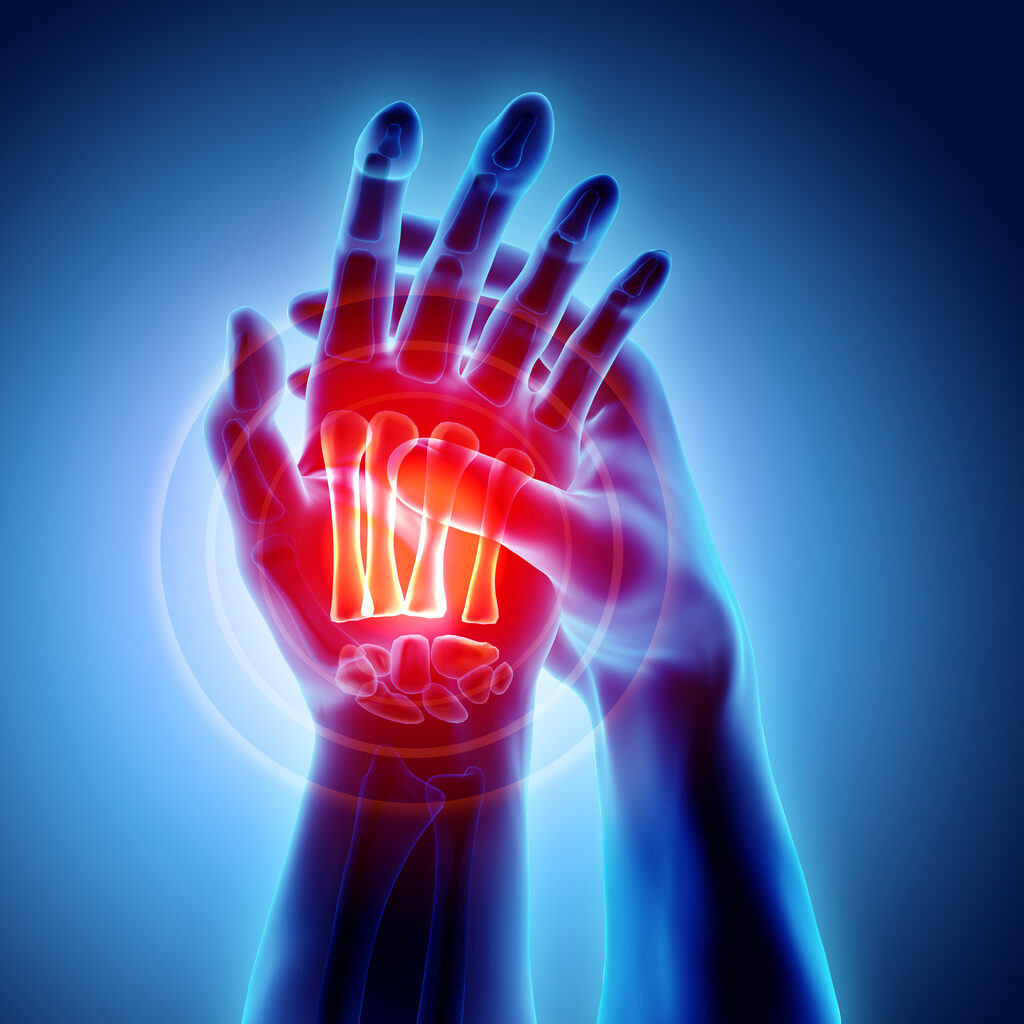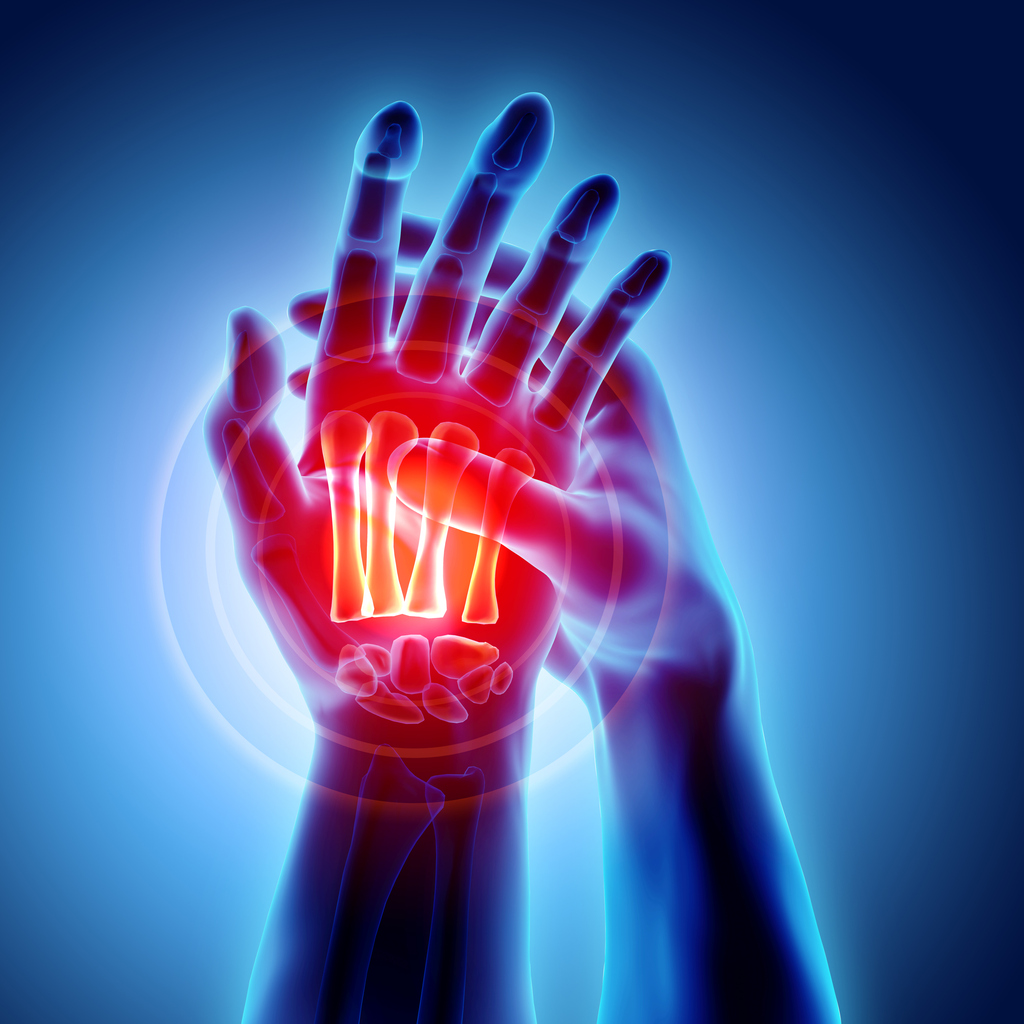We’re kicking off a new blog series here at Reflection Dentistry! For the rest of 2019, we will be highlighting different autoimmune diseases bimonthly and discussing their impacts on oral health, and vice versa. Autoimmune diseases are wide-ranging diseases that affect many systems of the body but commonly, the diseases cause the body to begin attacking its cells wreaking havoc and causing painful and sometimes debilitating symptoms. Over 23.5 million people in the United States alone suffer from at least one autoimmune disease; this occurs more often in women than men. Scientists have hypothesized that hormonal changes may play a role. This month we’ll be starting the series off by taking a look at the impact of Rheumatoid Arthritis (RA) on oral health.

Possible Links
There are a couple of different hypotheses currently out there about individuals with RA and also suffering from periodontal disease. One can easily link such a hypothesis. RA can cause severe pain and stiffness in any of the body’s joints. Limited mobility in joints including joints in hands can cause homecare, such as brushing and flossing, to become more difficult. If RA affects the TMJ, this can limit the patient’s ability to open, which further complicates maintaining a healthy mouth environment. A lack of good homecare can certainly increase one’s risk for developing periodontal disease. Poor homecare may not be the exact link, but it certainly represents a risk factor shared between the two diseases.
In 2008, a German study found that patients with RA were 8 times more likely to develop periodontal disease. The study noted that poor oral hygiene alone did not explain such a significant increase leading us to look deeper into the cellular level of disease.
The oral tissue with periodontal disease and joints with RA have some similarities. As we well know, the inflammation of periodontal disease causes the destruction of the bone and tissue surrounding the teeth. In correlation to joints, inflammation also causes the breakdown of joints and pain associated with RA. Researchers found many of the same proinflammatory proteins in both diseases (Tumor Necrosis Factor (TNF), Interleukin-1, and Interleukin-6). A different study from Israel also found that genetics may play a role in elevated risk for RA.
The current and growing knowledge surrounding these things leads to a better understanding of the entire disease process. One of the early markers of RA is the increase of antibodies to citrullinated peptides. Citrullination is the scientific term for a change in cell structure that leads the body to perceive it as a foreign entity and triggers the release of anti-cyclic citrullinated (anti-CCP) antibodies. These antibodies then attack the cells thought to be foreign, even though they are cells of the body. The link to periodontal disease is in bacteria. Scientists discovered that at least one strain of bacteria commonly associated with periodontal disease causes the process of citrullination. A study in 2009 concluded that due to these facts, certain oral bacteria could be the cause of RA and/or that periodontal disease may be inducing the disease process of RA.
Treatment
With all of this information, one can assume that periodontal disease and rheumatoid arthritis are clearly linked. Treating each disease is one of the best ways to control them. If you are suffering from uncontrolled periodontal disease you will likely benefit from scaling and root planing to bring it under control and maintain better oral health with frequent dental visits. It is also important to work with your physician to control your RA. If you suffer from RA and have a difficult time with you homecare due to stiff or painful joints, speak with your hygienist. You may benefit from different dental tools, including an electric toothbrush or water flosser.
At Reflection Dentistry, we strive to work closely with our patient’s physicians to care for your entire health. If you have RA, it is imperative to maintain good home care and frequent visits with your hygienist. Look for our upcoming blogs highlighting other autoimmune diseases over the coming months. People don’t often discuss them, as they take a backseat to Smoking and Diabetes when it comes to periodontal disease. We hope that researchers will conduct continued studies to further understand the etiology of these elusive diseases. If you know someone with RA, please share this link with them!
References

